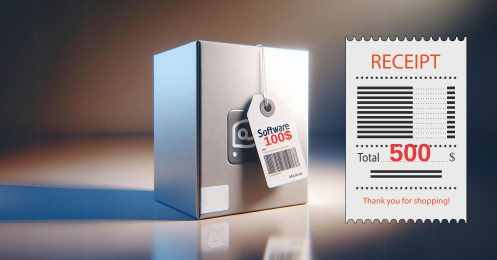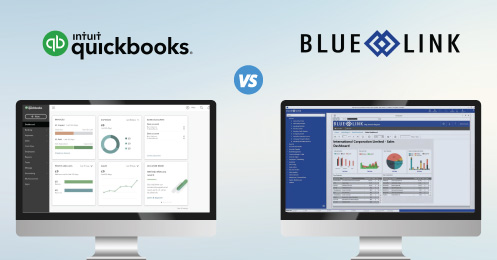This post outlines functionality wholesalers should expect from their Wholesale Inventory Software.
The term "wholesale" is a broad industry definition; it includes wholesalers across a variety of industries including: food & beverage, consumer goods, industrial products, apparel, pharmaceuticals and many more. With so many sub-industries, what could these businesses possibly have in common? The answer is: surprisingly a lot – especially when it comes to wholesale inventory software.
Across the broad “umbrella” that is wholesale, we see a number of common requirements from an accounting and inventory management perspective. At the very least, a proper software search should ensure that the following functionality is available in a system being considered:
____
Inventory Management
Due to the wide range of products many wholesalers carry, robust and flexible inventory management is very important. The system should be able to classify or categorize items in various ways, specify multiple Units of Measure (UOM) and allow for kitting with a Bill of Materials (BOM). Lot (or batch) tracking is also important for many wholesalers, including food and pharmaceuticals, to allow for appropriate levels of inventory traceability and product recalls.
Businesses with multiple locations may require inter-warehouse transfers, while the ability to manage drop shipments has becoem increasingly important for many businesses. Landed cost tracking is important for those that purchase products internationally – allowing decision makers to get a better feel of true product costs including brokerage, duty and freight.
Bonus inventory software features include warehouse automation (including bar code scanning) and shipping integration, as well as online ordering systems (eCommerce). Other areas that may be important to your business include: product/size matrix, backorder fulfillment, catch weight, EDI integration, Point of Sales (POS) and scheduling/service management.
____
As you can see, there is an multitude of business processes that may need to be accommodated for a typical wholesaler. A proper system designed for wholesale should be able to accommodate most, if not all, of the features mentioned above, while also offering complete and robust accounting modules.










